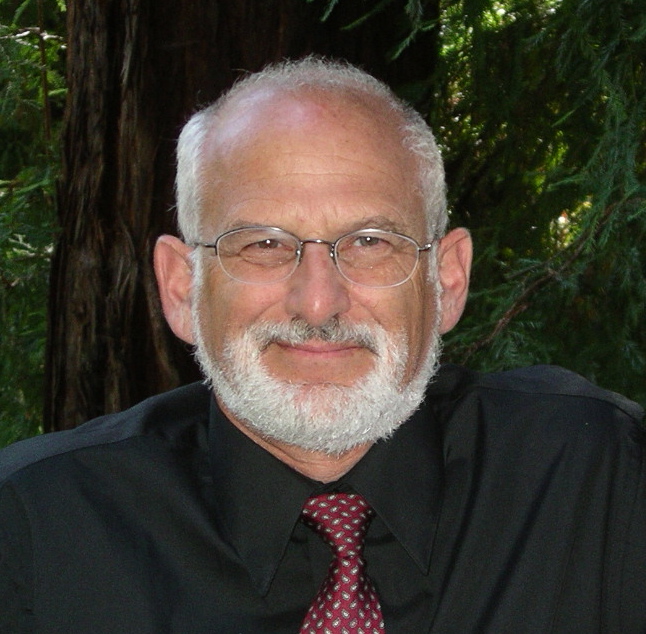"Change The Course" ------ Summary of video
Everyone receiving this invitation believes:
a) overshoot is the most powerful descriptor of who and what will be injured, and
b) this century, when deliveries of fossil energy and other supporting resources decline
rapid increases in overshoot will
collapse much of civilization and
injure or kill most of the world's population.
However, calculations show
if we implemented four conditions we could
i) avoid the worst collapse
ii) restore a natural environment, and
iii) achieve a universal wellbeing that includes
a) current technology,
b) continuing advancement of arts and sciences, and
c) 500 years of longevity.
The four conditions are:
1) conflate the human footprint
i) a global population of 50 million people
ii) living like Europeans (minus cars, roads, planes, and sprawl)
iii) in three city-states (US. Pacific NW, China, and Brazil)
iv) powered by hydro electricity (no fossil or nuclear fuel)
2) allow civilization to constrain an individual's behavior:
i) procreation
ii) hierarchy (stratification of wellbeing)
iii) ownership (of the commons)
3) complete the social transitions before the end of this decade.
4) complete the physical conflation by the end of this century.
Humankind's most important challenge is to make these social and physical transitions
before we exhaust the earth's natural capital or social conflict ruins all of our progress.
As a first step "Change the Course" round tables work to find a way to communicate:
1) the harshness of the present conditions and course forward.
2) the limited amount of time to choose another course,
delay will increase injury and inhibit transition, and
3) which alternative behaviors actually have the power to "Change the Course."
"How can we change enough beliefs to change enough behavior to
obtain a sustainable civilization."
The project's tasks:
a) to identify the content and process that will help one individual to
stop believing in fantasy and start believing in reality,
(this includes knowing which behaviors make a nice future.)
b) Motivate that individual to recruit another individual and thus create a large
constituency.
c) Use the constituency to implement civil law that obtains
the behavior that creates a peaceful and sustainable civilization.
Jack Alpert |
 |
 |
|
| The front page of www.skil.org contains updated invitations movies, and archived content from Change the Course. |
|
Too Many People Video series
|
From Overshoot to Sustainability |